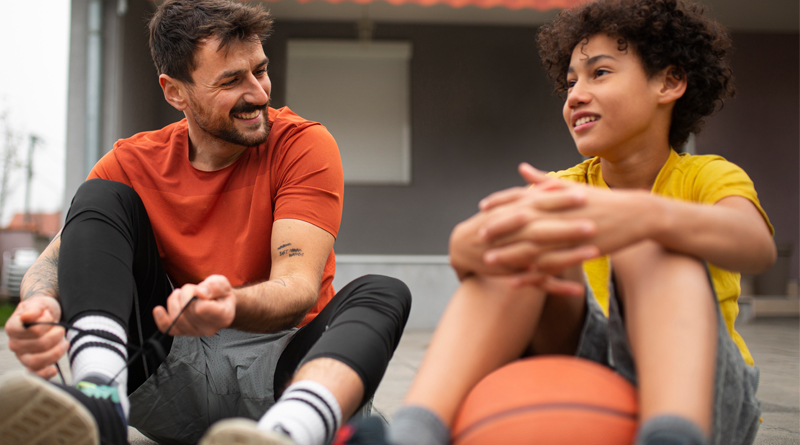The great impact of a mentor in children and adolescents’ lives
By: Diana Bello Aristizábal
In a world where there are more and more children and teenagers who develop addictions, suffer from loneliness, depression, or anxiety, who grow up in environments tainted by violence, poverty, or substance abuse or who fail to feel motivated or enhance their abilities, the presence of guidance outside family in their lives becomes increasingly urgent.
That guidance is born in the form of a mentor: an individual, whose goal is to guide a person in different ways, helping them grow into their best selves and becoming an ally for parents. But what is the importance of a mentor? Some experts share their point of view on the matter.
Emotional mentoring
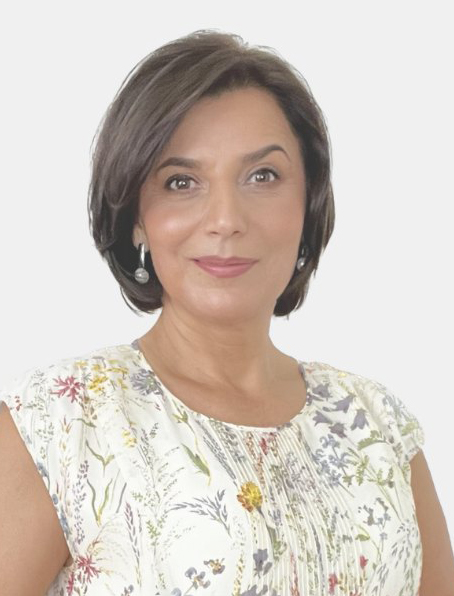
“A mentor is like the co-pilot on a car trip: you can drive alone, but it’s better if you do it with a travel companion. With their expertise, they will share experiences and recommendations so that the mentee can make the best decision and achieve a goal without leaving them alone during the process,” says Erika Monroy, clinical and educational psychologist.
She believes that for a mentor to be effective, they must meet certain requirements. “They have to be assertive, responsive, and know how to listen. Additionally, when the mentoring is emotional, they must have minimum credentials such as those of a psychologist.”
The benefits of a mentor and a mentee child who work well together are several for the latter: they are capable of organizing their thoughts, manage emotions in a better way, communicate needs effectively, and control its impulses, key skills in today’s world due to the high rates in child suicide, as well as in depression and anxiety we are facing.
But benefits can also be seen in the future: going to therapy or getting involved in a space of emotional support will increase the chances for the minor to have better relationships as an adult and incorporate empathy, respect for others and the ability to listen into their personality.
Vocational and personal development mentoring
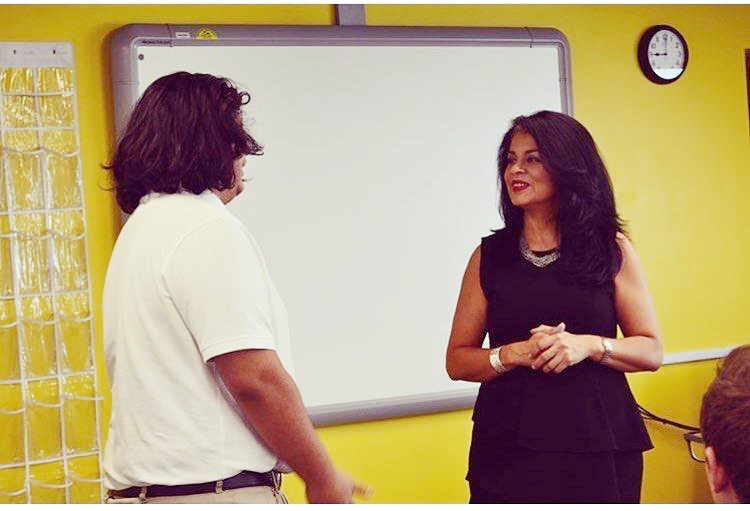 Another area in which the youth need a mentor is education. “I work with high school and college students to make them see what their career possibilities are, identify their talents and open doors for them,” says Dr. Belinda León, educational consultant at Universal Scholar Program-USP.
Another area in which the youth need a mentor is education. “I work with high school and college students to make them see what their career possibilities are, identify their talents and open doors for them,” says Dr. Belinda León, educational consultant at Universal Scholar Program-USP.
To achieve the latter, she connects them with the right person who can help them fulfill their goals. “I dedicate time to find out what they are doing, what inspire them, and how I can help them move forward by showing a true interest in their lives, because that is the goal of a mentor: to be knowledgeable but also a cheerleader.”
For her, the value of a good mentor is that it can shorten the path to achieve a goal, especially in the highly competitive job market we live in. “They may not be able to open many doors on their own or it would take them longer to do so without adequate help.”
But, in the universe of mentors in the educational field, some enhance skills that are useful in a professional and personal level. This is the case of the Civil Air Patrol instructors, a cadet program for children between 12 and 18 years old of the Civil Air Patrol, Auxiliary of the U.S. Air Force.
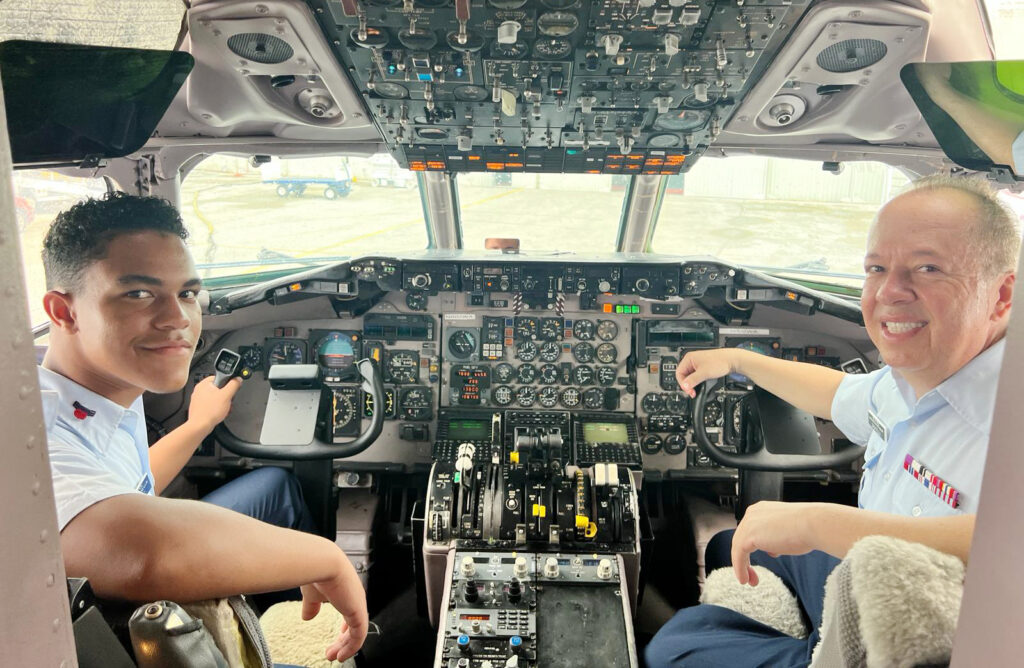
“We provide opportunities for personal development through flight training and search and rescue activities, among other things, which, beyond making them knowledgeable about specific topics, allow them to obtain civic responsibility, discipline, and self-confidence,” explains 1st Lt. Ettore Sabatella of the Doral Cadet Squadron of the Civil Air Patrol.
They begin to develop these strengths from the day they wear the organization’s uniform and take their first flight due to the respect their mentors inspire in them as they are experts in their fields, passionate and disciplined, three essential requirements to mentor children.
Mentoring to support and empower
In addition to the above, a lot of children and adolescents require someone to exert a positive influence on their lives in order to prevent them from falling into risky behaviors. That is the goal of Parks & Police 4 Kids of Doral, a foundation that eight years ago created an after-school program for public and charter middle school students.

Elizabeth Canchola, who is in charge of this non-profit, says this initiative was born with the purpose of ??providing support to minors who are often left alone at home after school and who need help with different life situations.
In a space of two hours, they chat one-on-one about bullying, sexting, crime, and drugs, among other important topics; play and practice sports with schoolteachers and Doral Police officers. “Participating children improve their behavior and grades, and are happier,” Canchola states.
“Because schoolteachers and police officers are non-parental figures who constantly motivate and help them change their vision of the world, and for whom they feel cared for and loved, children begin to share what they live, feel and want and that is the most important aspect about the program.”
Big Brothers Big Sisters of Miami does a similar work. The organization connects children and teenagers between the ages of 5 and 25 who face difficult times, referred by educational entities, with mentors through corporate partnerships.
 “At the moment, we have partnerships with Carnival Cruise Lines and Monat, and we are waiting to start another one with the City of Doral Police Department. As a result of these partnerships, companies offer their staff as mentors, and we make the perfect match between an adult and a mentee minor based on each one’s profile and needs,” says Gale Nelson, CEO and President of the non-profit organization.
“At the moment, we have partnerships with Carnival Cruise Lines and Monat, and we are waiting to start another one with the City of Doral Police Department. As a result of these partnerships, companies offer their staff as mentors, and we make the perfect match between an adult and a mentee minor based on each one’s profile and needs,” says Gale Nelson, CEO and President of the non-profit organization.
But, as Gale clarifies, the organization does not aim to “fix” children and adolescents but rather support them in all areas of life through different meetings per month or week (depending on what is previously arranged). “What they need is to be exposed to positive one-on-one connections. That opens up many possibilities for success academically, emotionally, professionally, and socially.”
In this way, what begins as a one-year commitment (the minimum time to serve as a mentor) can span for decades. “Mentoring is absolutely necessary: ??last year, the surgeon general said we have a national epidemic of loneliness and social isolation and that one of the most effective ways against it is to have a constant friend.”
Sports mentoring
An equally prominent place is taken by sports mentoring. “Competing in a sport is very important for life: knowing that you tried to fulfil your purpose, which was to win. Likewise, when you lose, you learn to control frustrations and to strengthen your character,” says Luis Sánchez, ASAKA Dojo Sensei and founder of Florida Karate Clubs.
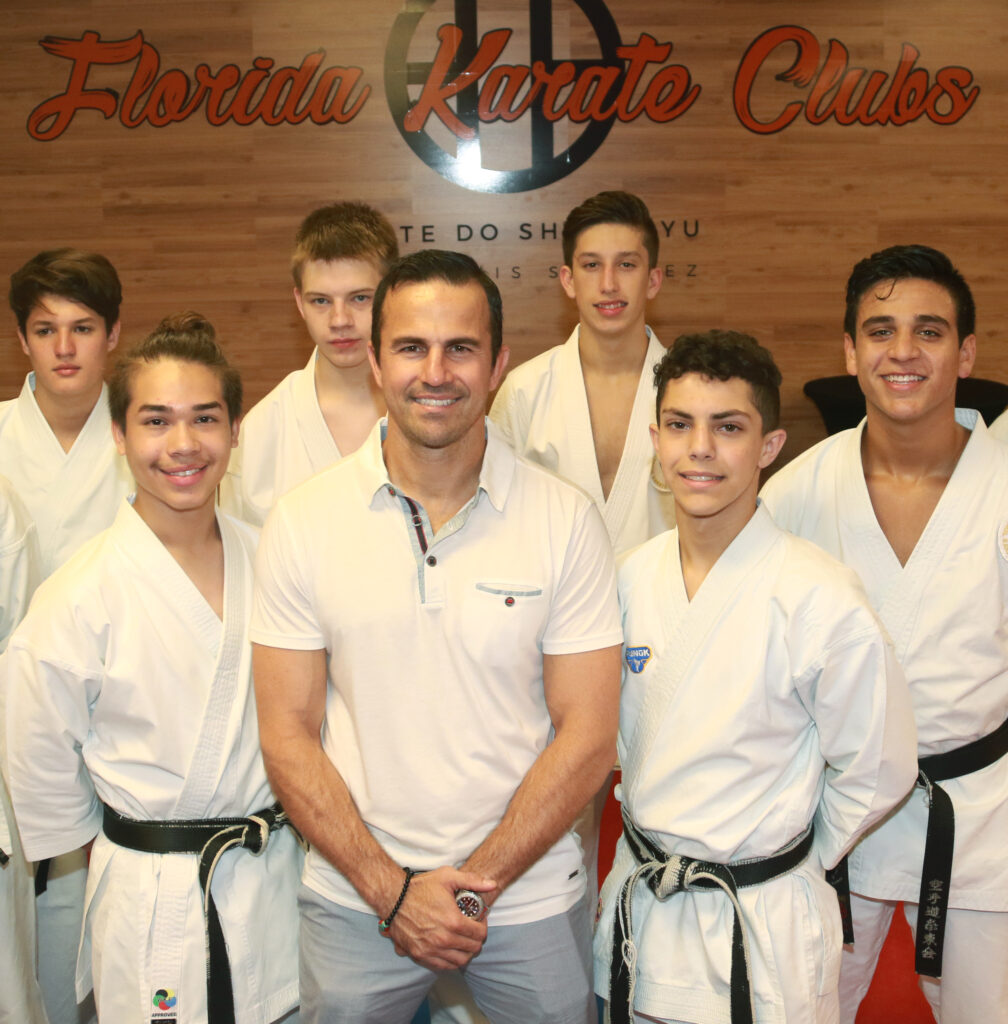
But for children to get the most out of practicing a sport, it’s vital they can count on a mentor, who, according to the Sensei, must use the 1:5 formula. That is, saying 5 encouraging words for every word of correction or criticism.
For him, applying that formula is the key to getting the best out of each child as well as being a double impact coach, which means someone who teaches technique but also how to grow in a personal level with values ??such as respect and humbleness, understanding scoring is not more important than the process itself. “If we make people who train with us to try to improve a little bit every day, after a while they will see results.”
This approach creates a lasting impact on children that Luis has been able to witness in his long career as an instructor. Some students who started at his academy when they were children are now adults who not only are in very good shape and master their disciplines, but also individuals who know how to talk to people, that are respectful and, in general, wholesome human beings.

